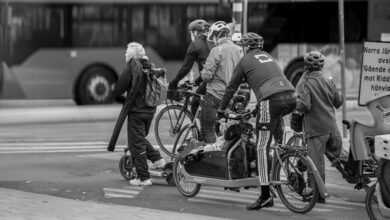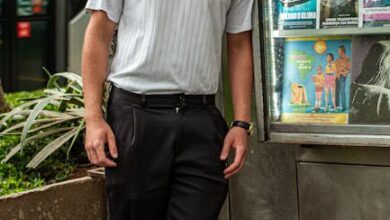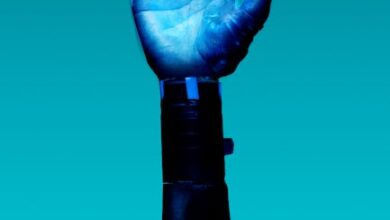Coco Robotics Establishes New Physical AI Research Hub

The landscape of robotics and artificial intelligence is evolving at an unprecedented pace, promising a future where autonomous systems seamlessly integrate into our daily lives. At the forefront of this exciting transformation is Coco Robotics, a company rapidly making strides in the autonomous delivery space. Their latest strategic move signals a significant leap forward, not just for their operations but for the entire field of physical AI research.
In a groundbreaking announcement, Coco Robotics has tapped a renowned UCLA professor to lead its newly established physical AI research lab. This collaboration is poised to accelerate the development of highly intelligent, real-world capable autonomous systems, pushing the boundaries of what delivery robots can achieve.
Coco Robotics Establishes New Physical AI Research Hub
The creation of this dedicated AI research lab underscores Coco Robotics’ commitment to innovation and its vision for a fully automated, efficient last-mile delivery network. By bringing a leading UCLA professor onboard, the company is investing in world-class academic expertise to tackle the complex challenges inherent in physical AI.
This partnership is more than just a hire; it’s a strategic alliance between cutting-edge industry application and deep academic research. The professor, known for their pioneering work in robotics and autonomous systems, will guide a team focused on fundamental breakthroughs that translate directly into practical applications for Coco’s growing fleet of delivery robots.
The new lab will serve as a think tank and innovation engine, exploring advanced concepts in machine learning, perception, and human-robot interaction. Its mandate is clear: to develop the next generation of physical AI capabilities that will define the future of autonomous delivery.
Leveraging Data for Next-Generation Autonomous Systems
One of the most valuable assets Coco Robotics possesses is its extensive operational data. The company’s delivery robots have traversed millions of miles, collecting invaluable information about urban environments, pedestrian behavior, and unforeseen challenges in real-world scenarios. This vast dataset is a goldmine for advanced AI research.
The new physical AI research lab will be instrumental in processing and learning from this massive trove of data. Critically, Coco Robotics is working toward automating its fleet of delivery robots using its millions of miles of collected data. This data-driven approach is fundamental to creating more robust and intelligent autonomous systems.
Physical AI is all about enabling robots to perceive, understand, and interact safely and effectively with their dynamic physical surroundings. This involves everything from navigating complex urban sidewalks and adapting to unpredictable obstacles to making split-second decisions in crowded areas.
The UCLA professor and their team will leverage advanced machine learning techniques to extract actionable insights from this operational data. This will lead to significant improvements in areas like predictive modeling, enhanced perception algorithms, and more sophisticated navigation capabilities, making Coco’s delivery robots even more reliable and efficient.
The Broader Impact on Robotics and Last-Mile Delivery
This initiative by Coco Robotics is not just about refining their existing delivery robots; it represents a significant step forward for the entire robotics industry. The breakthroughs achieved in this physical AI research lab could have far-reaching implications, setting new benchmarks for autonomous technology.
Improved physical AI will enhance the safety and reliability of last-mile delivery, addressing critical concerns for widespread public adoption. Imagine robots that can seamlessly integrate into community spaces, operating with human-like intuition and responsiveness, all thanks to advanced artificial intelligence.
Beyond delivery, the research could contribute to advancements in various fields requiring sophisticated autonomous capabilities, from logistics and manufacturing to assistive robotics. The insights gained from perfecting delivery robot automation in challenging urban settings can be incredibly valuable across diverse applications.
This investment also highlights a growing trend of collaboration between academic institutions and industry leaders. Such partnerships are crucial for bridging the gap between theoretical research and practical implementation, accelerating the pace of innovation in robotics and AI.
Conclusion
Coco Robotics’ decision to establish a new physical AI research lab, led by a distinguished UCLA professor, marks a pivotal moment in the journey towards truly autonomous delivery. By combining real-world data with academic rigor, they are not just building better delivery robots; they are shaping the future of physical artificial intelligence itself.
The advancements emerging from this lab hold the promise of revolutionizing last-mile logistics, making delivery faster, more efficient, and more sustainable for everyone. We eagerly anticipate the innovations that will emerge from this strategic collaboration, propelling us closer to a future where intelligent robotics seamlessly enhances our daily lives. Keep an eye on Coco Robotics, as they continue to lead the charge in the exciting world of autonomous innovation.





